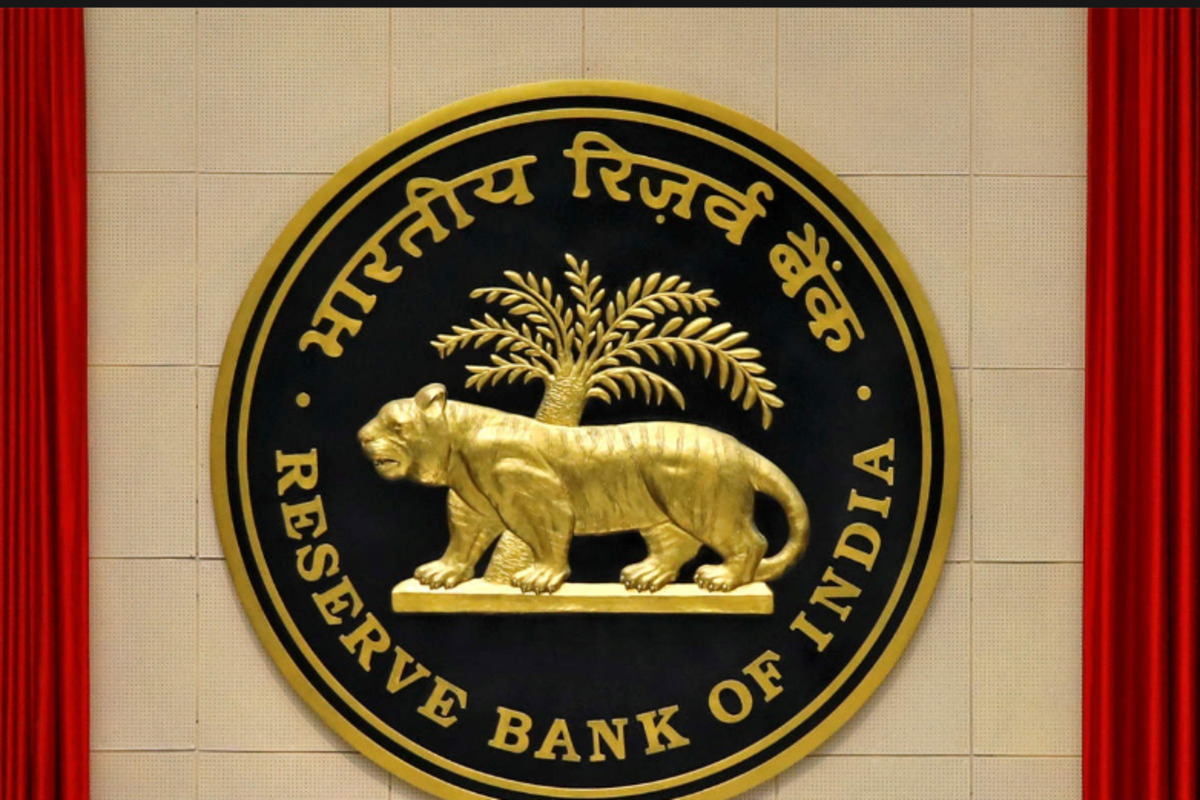RBI: Tokenise Credit-Debit Card: Starting on October 1, there will be a significant shift in the laws governing the banking industry. For this, the RBI has also issued a directive. Actually, starting on October 1, the RBI will implement Card-on-File Tokenization (CoF Card Tokenization) requirements for users of credit cards and debit cards. Cardholders would receive additional amenities and security following the modification to the tokenization method, according to the Reserve Bank of India.
RBI provided details
According to the information provided by the RBI, the goal of these new regulations is to increase the security of credit and debit card payments. In actuality, numerous complaints of credit-debit card fraud have surfaced during the past few days. However, following the introduction of the new regulation, if customers make purchases using a debit or credit card at a point of sale (POS) or through an app, all the information will be recorded in an encrypted code.
Identify the tokenization system
All debit and credit card information is transformed into “tokens” by the token system. how your card’s information is kept secret in the gadget. According to the RBI, anyone can request the token bank to turn their card into a token. The tokenization of the card is free for the cardholder. Your card information can be saved in a token on any e-commerce or retail website if you convert your card into one.
According to the new RBI regulation, a customer’s credit limit cannot be extended without their consent. In addition, charges, taxes, etc. cannot be capitalised when adding interest if any payment has not been made.
Also Read: Nira Radia Tape Case: “No Criminality Found”, CBI Exclaims To Supreme Court
Customers won’t be harmed by this because situations like this frequently surface when banks or other credit card-related institutions take new measures.
Less fraud instances will occur
According to the Reserve Bank, the payment system’s deployment will result in a decrease in fraud instances as a result of the new rule’s application. Actually, the danger of fraud with clients grows as a result of the disclosure of their credit card or debit card information. According to the Reserve Bank, e-commerce websites, merchant storefronts, apps, etc. now keep card information when users make payments using debit cards and credit cards. In many situations, retailers are left with little choice but to keep client credit card information on file. There is a chance that the clients could suffer loss if these facts are revealed. However, these events will end once the new guidelines are put into place.
The new provision covers a lot of ground.
The most significant change in the RBI’s new regulations is the prohibition against sharing transaction information with “branding partners.” As these businesses entice clients with a variety of incentives based on these transactions, these regulations may have an impact on their business model. In such a scenario, clients won’t have to worry about falling for any kind of fake anymore. Additionally, there won’t be any financial loss associated with the card.
Keep watching our YouTube Channel ‘DNP INDIA’. Also, please subscribe and follow us on FACEBOOK, INSTAGRAM, and TWITTER












